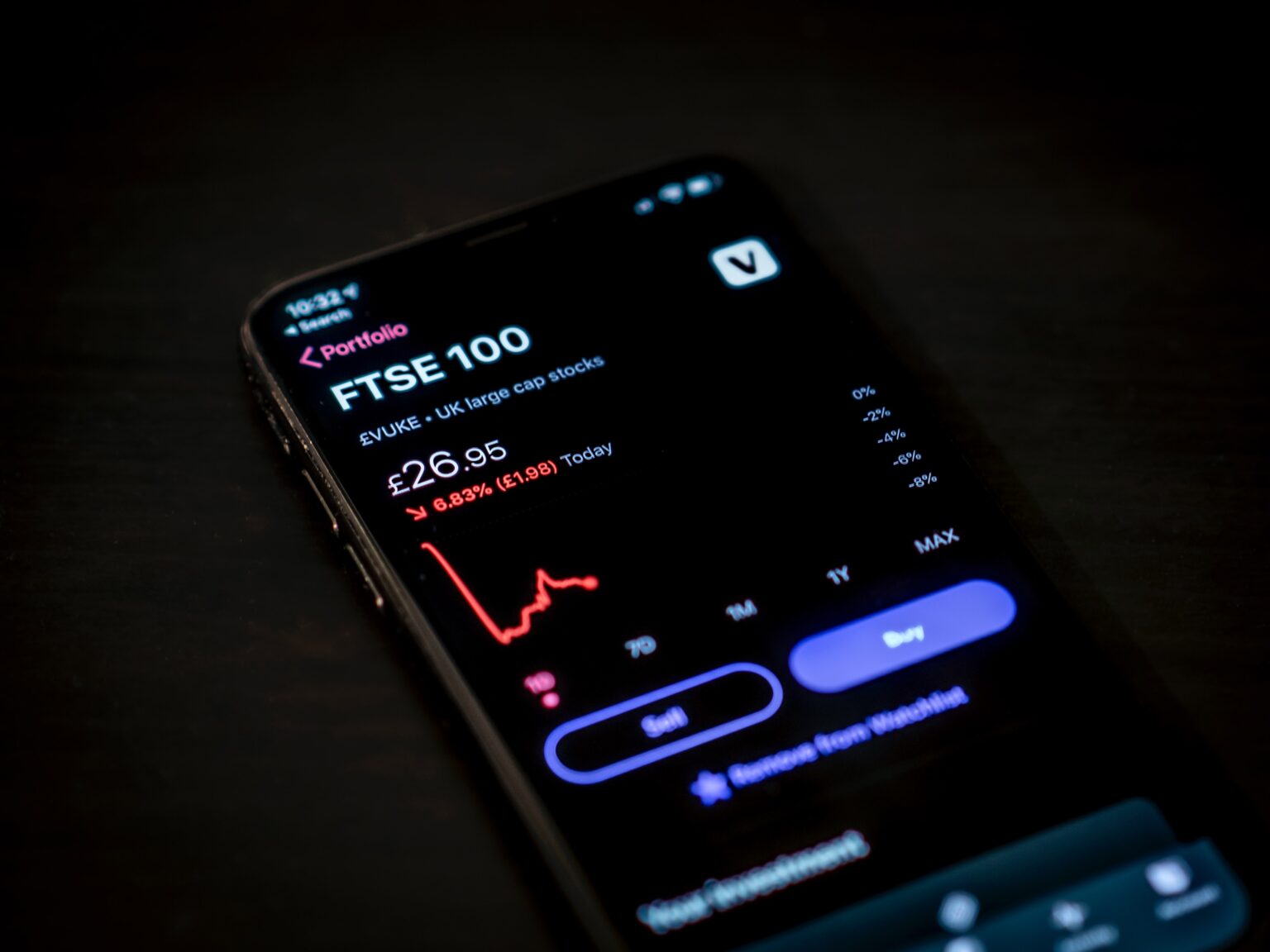No one can avoid the topic of blockchain and cryptocurrencies now. Reports and podcasts on this industry are increasing daily and startups are sprouting like mushrooms. Investors see a bright future in blockchain, which is why the money is loose.
But undeniably, the percentage of women involved with cryptocurrency is far below that of men. While there are various efforts to attract women to blockchain as well – surveys, research studies, and especially private observations confirm their underrepresentation. In 2020, the percentage of female startup founders was just 16 percent. When it comes to blockchain, the picture is similar: the crypto scene remains a largely male-dominated industry.
We’re changing that now and – long overdue – starting today, we’re introducing a total of five women who no one in the DACH region who deals with the topic of blockchain can get past.
What the women have in common is that they have been interested in the technology for years, have been instrumental in its success, and are working to ensure that blockchain and cryptocurrencies reach the mainstream of society. Not least because blockchain can also be used as a tool for gender equality and inclusion.

In conversation today: Anita Patz
How did you get into blockchain and what exactly do you do?
I came to the topic of blockchain via Bitcoin. Since 2012, for example, the topic of Bitcoin became more and more present in the media and I wanted to understand how Bitcoin or the technology behind it worked. I am Legal Counsel at Börse Stuttgart Digital Exchange GmbH, the trading venue for cryptoassets from the Börse Stuttgart Group. Previously, I worked at lindenpartners, a Berlin-based law firm that has a strong presence in the blockchain or DLT ecosystem.
There, I got the opportunity to gain insights into many exciting DLT-based business models and legally help shape many areas: from Bitcoin trading platforms and lending models, to security token issuances and crypto custodian business models, to DeFi applications.
What attracts you to the subject?
I have always been interested in how financial markets work and I was just starting to study when the financial crisis hit and was to keep us busy for a long time and still does today. I find the possibilities that blockchain infrastructures can offer to build alternative systems and financial system architectures super exciting. However, this also requires an understanding of the technical possibilities and also their risks in order to create sensible solutions.
It’s also worth noting that when it comes to blockchain and cryptocurrencies, the technology behind it still seems to be the primary focus at the moment, and people who previously had no connection to coding or anything like that are getting involved with it. Few people probably wonder what programs are behind a core banking system.
“It’s worth noting that when it comes to blockchain and cryptocurrencies, the focus at the moment still seems to be on technology.”
Why should everyone embrace cryptos and blockchain in the future?
Overall, the subject of financial education should be promoted more strongly in Germany and should start at school. Blockchain and cryptos are clearly part of this and, in my view, are here to stay. They came to stay. The more people who deal with the topic, the more exchange of experience can take place. In particular, also with a view to the opportunities and risks that blockchain-based business models can have.
What part do you play in bringing the topic to the masses?
As a lawyer, I am primarily involved in questions concerning the regulation of cryptocurrencies and service providers and try to contribute to a sensible regulation in close exchange with developers, colleagues and other stakeholders. Bitkom is a good platform here, enabling a broad exchange and making meaningful contributions to the further development of the blockchain topic.

With the Börse Stuttgart Digital Exchange and our other Group companies, we are building an ecosystem that offers a good entry into cryptoasset trading. I wonder if the issue needs to reach the masses?
I expect that the blockchain technology behind the applications will fade into the background more and more in the future. A user will use blockchain-based products in the future without knowing that it is blockchain-based. Simply because it’s a good product and it makes sense to implement it using blockchain applications.
Which social media tools are particularly important for you and your work or which ones do you use for your expertise as a blockchain expert?
I like to use LinkedIn and follow relevant channels and podcasts such as. Payment & Banking, BTC-ECHO, Bankless or Block52. Antonopoulos’ YouTube channel is always worth checking out, too. Clubhouse has also hit hard in the first few days, let’s see how it develops in the coming months.
